
For a brief period, it seemed my parents’ marriage might survive my dad’s fling with the Yugoslavian manicurist from the salon above his shop.
Hope rolled into our new house on August 2nd, 1990, the day Iraq invaded Kuwait. We were in the middle of a heatwave. Baba was at work. Sherine, my older sister, was at her summer job in the library. Mama and I were home, both on our summer holidays — me from school, just before my GCSE year, she from the adult education college where she was learning English and IT. Five years of studying hadn’t brought her any closer to a book-keeping job. That’s what she’d been back in Egypt, though Baba had wanted her to be a machinist in England.
‘You don’t need to speak English to sew,’ he’d said. ‘The big shops employ women to finish things off for them. I’ll buy you a sewing machine, a good one.’
Sewing was something you could do from home, all on your own, with your mouth zipped shut. Like my friend Ceyda’s mum, until the constant hum of the sewing machine drove her screaming out into the street and then into a mental hospital.
‘Go and get us an ice cream from Vinay’s,’ said Mama, fanning her face with a bit of cardboard she’d ripped off a tissue box. ‘That new Mars one for me. Then come back and tell me what they’re saying.’
We were standing in front of the TV in the living room, watching the breaking news. This seemed to be the kind of thing you had to watch standing up, not sitting down.
When I got back from the corner shop, she was talking to someone on the phone in the hallway, which still smelled faintly of paint. ‘What about the United Nations?’ she was saying. ‘And the Americans? That son of a dog Saddam, he’s going to set the world on fire. And they don’t care either, as long as they get their oil.’ Her voice was relaxed, animated. No sulky edge to it like when she talked to Baba — an edge that had acquired the menace of a serrated blade since she’d found out about the manicurist. No one ever told me or Sherine, but we’d learned through a kind of osmosis; sound had travelled easily through the walls of the rented flat where we used to live. When Baba got caught, he had to buy a three-bedroom house to say sorry.
‘Who were you talking to?’ I said, when she hung up and came into the living room.
‘Baba,’ she said, perching on the arm of the new sofa, which was still covered in its plastic wrapping. She would’ve normally said ‘your father’, in a tone that sounded like he was nothing to do with her.
‘There’s not much work going on in the shops in Edgware Road today,’ she said. ‘They’re all watching the news. He told me not to bother cooking in this heat. He’ll bring home shawarma if you don’t mind eating late?’
‘No, that’s fine.’
What was this unfamiliar impulse coming over me? Could it be that I actually wanted him to come home? Yes, I did, and Sherine could hurry up and get back from the library too. For the first time I could remember, I wanted us to sit together, as a family, and watch the show unfold.
When the others came back, we ate the shawarma on trays in front of the TV, our conversation flowing with an ease I’d never witnessed before in this room. Saddam Hussein’s moustachioed, jowly, pockmarked face seemed to have achieved a miraculous feat: it had made us forget about ourselves, and each other. This must be what it’s like to be a normal family, I thought in some ill-defined way when I got up to fetch the Encona hot sauce from the kitchen. So we could do it too, when the stars were on our side.
Something of this spirit infected the start of school in September. Something bigger than timetables and homework diaries and new desk configurations. A columnist wrote an article for The Sun denouncing British women married to Iraqi men for their disloyalty, talking about their ‘hideous husbands’ and ‘unattractive children’, and I used it for a media studies essay on racism in the media. Where did I get the article from? I can’t remember. Maybe from a friend or teacher who came across it and cut it out for me, knowing I was interested. Or maybe I went looking for it, scenting concrete proof at last of something I’d always suspected: that it wasn’t a good thing to be an Arab. Filthy rich or just plain filthy, violent fanatic or oppressed member of a harem, possessing all the hook-nosed mendacity of the Jews but with none of their entrepreneurial spirit or intellectual prowess. There was a certain satisfaction to be had in seeing these sentiments expressed without reserve, or with only the thinnest veneer — something valedictory and bracing about it.
It didn’t last long, the change that swept into our world. Defeated by the mundanity of everyday life, Saddam Hussein faded into the background. School was still school, home was still home. Things went back to normal — our normal, not the normal normal. Even when Operation Desert Storm began, the impact was subdued, rather like the war itself, or so it seemed. Cold, technological, precise. Like a video game, as people kept saying. None of the gruesome viscera of wars I’d read about or seen in films. Nothing to inspire a Wilfred Owen or Siegfried Sassoon, whose poems we were studying for GCSE English.
‘Sons of dogs,’ Mama or Baba would say sometimes, watching a flashing white star punch the sky open above Baghdad, but more to themselves than to each other.
Then they bombed a bunker full of civilians, and Mama couldn’t stop crying. ‘Haram, haram,’ she kept saying. ‘What did those people do to deserve that?’ According to the Americans, it was largely their own fault. Something to do with Arabs not respecting the sanctity of life, even their own. Allowing themselves to be put in that bunker by Saddam.
I cried a bit too at first, but then it became too much. Melodramatic. Affected, almost. ‘Bas, ya Mama,’ I said. Enough. ‘Don’t upset yourself, crying won’t change anything.’ Feeling sage and pleasantly world-weary. An adult comforting a child who didn’t understand the ways of the world, who hadn’t managed to cultivate the necessary immunity to its cruelty.
Ignoring me, she flicked from channel to channel throughout the evening, watching the same footage of women in black wailing for their dead, her eyes darting back and forth across the screen as if she were looking for someone she knew in their midst. ‘They won’t even show us the bodies,’ she said. ‘The criminals.’
I woke up just before midnight that night and saw the hall light still on. Some instinct told me she wasn’t in her room. She normally went to bed right after the 10 o’clock news. Had Baba come home yet? Opening the door quietly, tiptoeing onto the landing, I heard her downstairs in the living room. She was crying again, quite loudly, saying, ‘Haram, haram, why should they have been killed like that? Like insects, as if their lives didn’t matter.’
He was home. It was him she was talking to. He said something about dogs and God, and then as she kept sobbing, I heard him say in an odd, muffled voice, ‘Forgive me, ya Heba.’ What did he mean? It wasn’t him who’d bombed that bunker. He said something else I couldn’t hear, and then, ‘Forgive me, forgive me, forgive me.’
When I realised he was crying too, I crept back to the bedroom and got into bed, my heart slamming against my chest. Sleep was out of the question. I tried to cry too — why not? This seemed to be the night for it — but the tears wouldn’t come. Something heavier than sadness was stifling them. In the bed next to me, Sherine was sound asleep, snoring gently, her eyes covered with the mask she used to block out the street-lamps. No curtains in our bedroom — no one ever bought them. None in the old flat either. Curtains were the final frontier, representing some kind of permanence that Baba and Mama weren’t ready to accept. An acknowledgment that England really was our home, not a blip in our family history even after twenty years.Trying to move without ruffling the air around me, I reached for Sherine’s new copy of The Unbearable Lightness of Being, which I’d already read twice, unbeknown to her. Sliding it under my quilt along with my torch, I flipped through the pages until I found what I was looking for: the bit where Tereza’s dog dies. Not long afterwards, a deep, luxurious sleep enfolded me, coaxed out by the silky, shivery release of tears. It’s easier to cry when you know what you’re crying for. When the reasons are laid out for you in black and white.
About The Author
Ola Mustapha is from London. She has had short stories published in Aesthetica, The Galway Review and Quince. She is obsessed with foxes and follows them on Instagram when they’re not available in real life.
Bandit Fiction is an entirely not-for-profit organisation ran by passionate volunteers. We do our best to keep costs low, but we rely on the support of our readers and followers to be able to do what we do. The best way to support us is by purchasing one of our back issues. All issues are ‘pay what you want’, and all money goes directly towards paying operational costs.



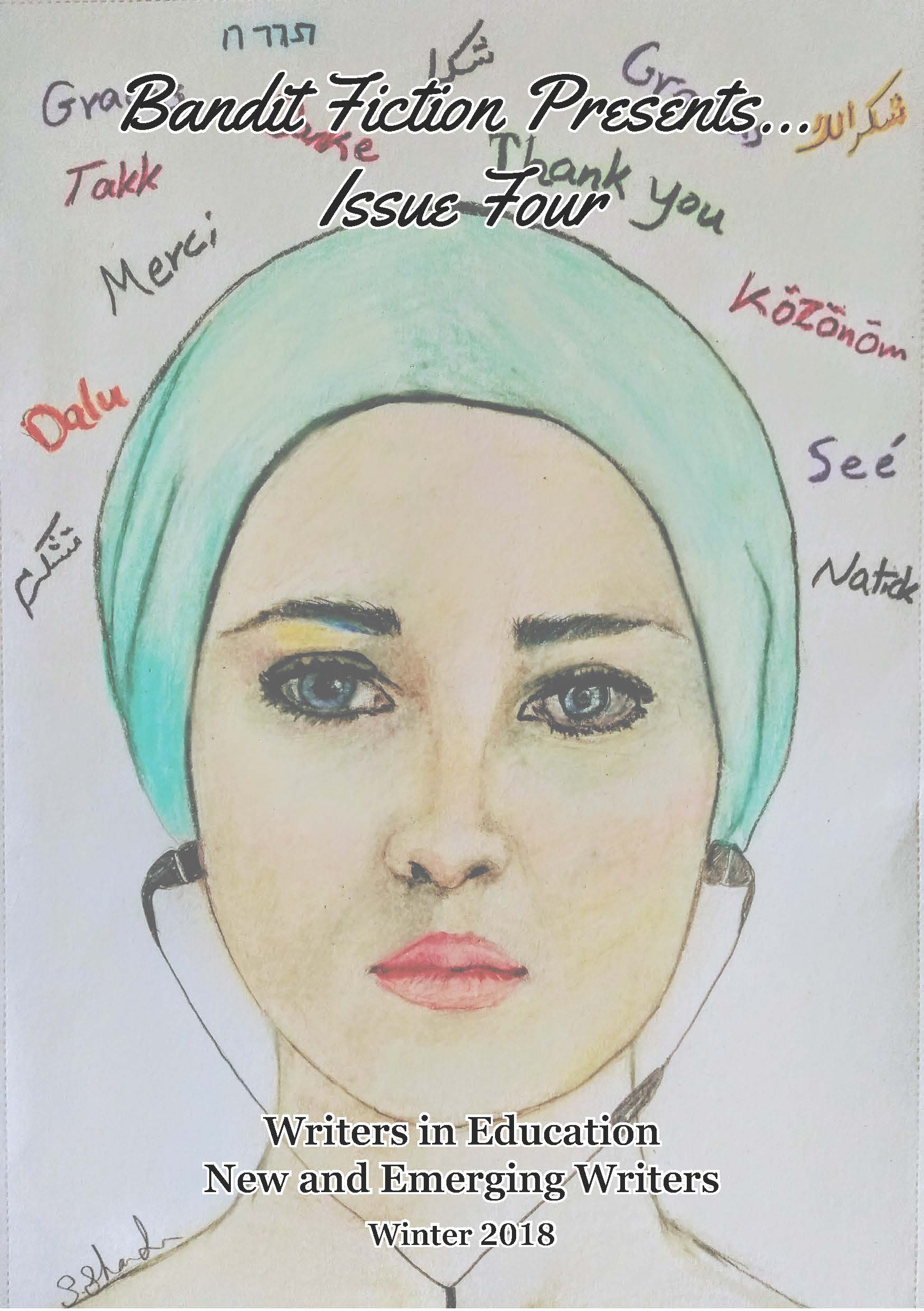

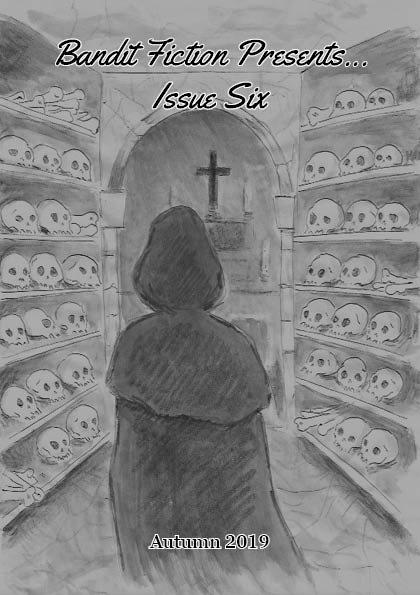
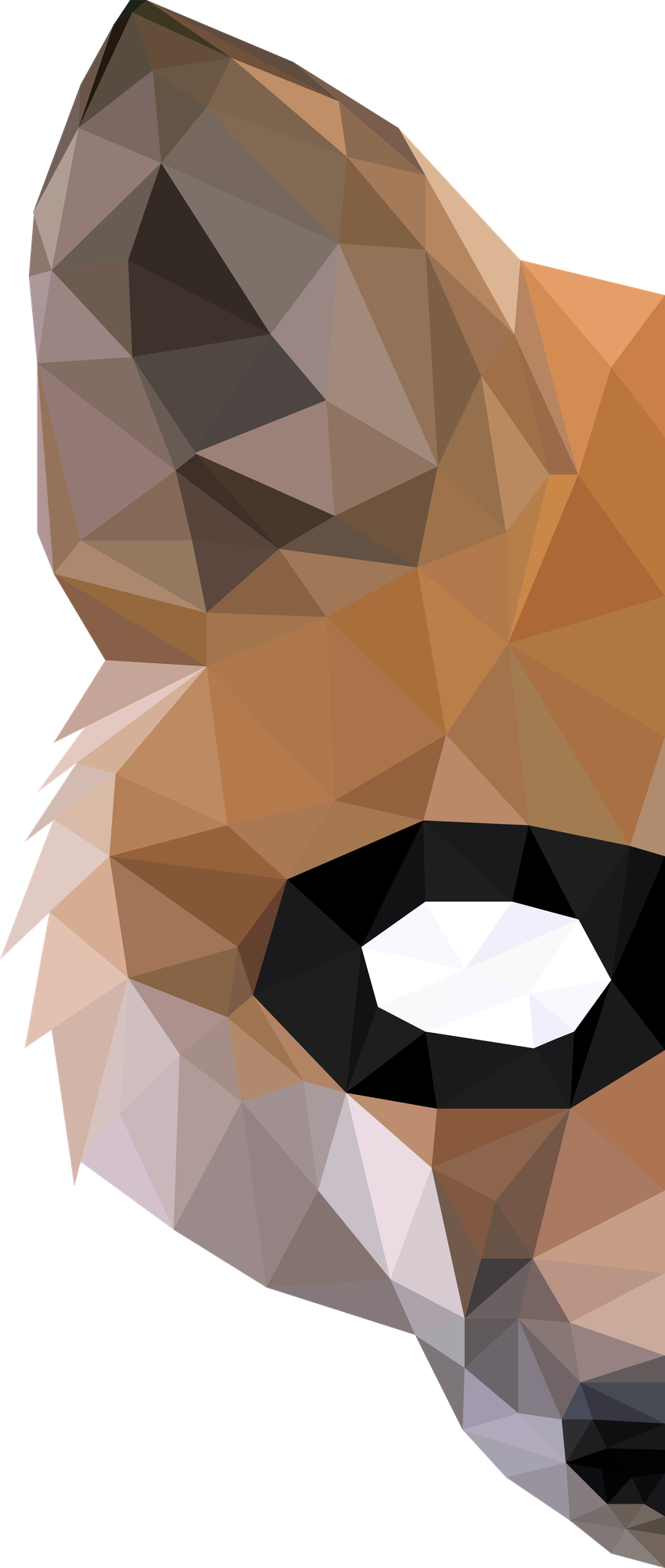

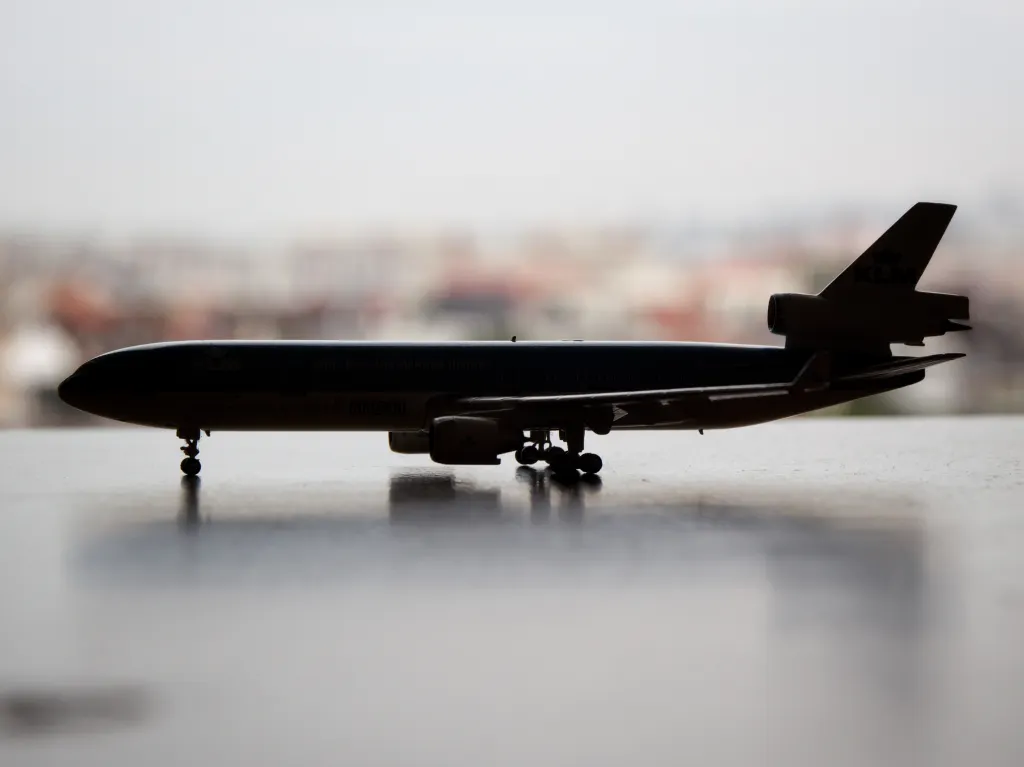
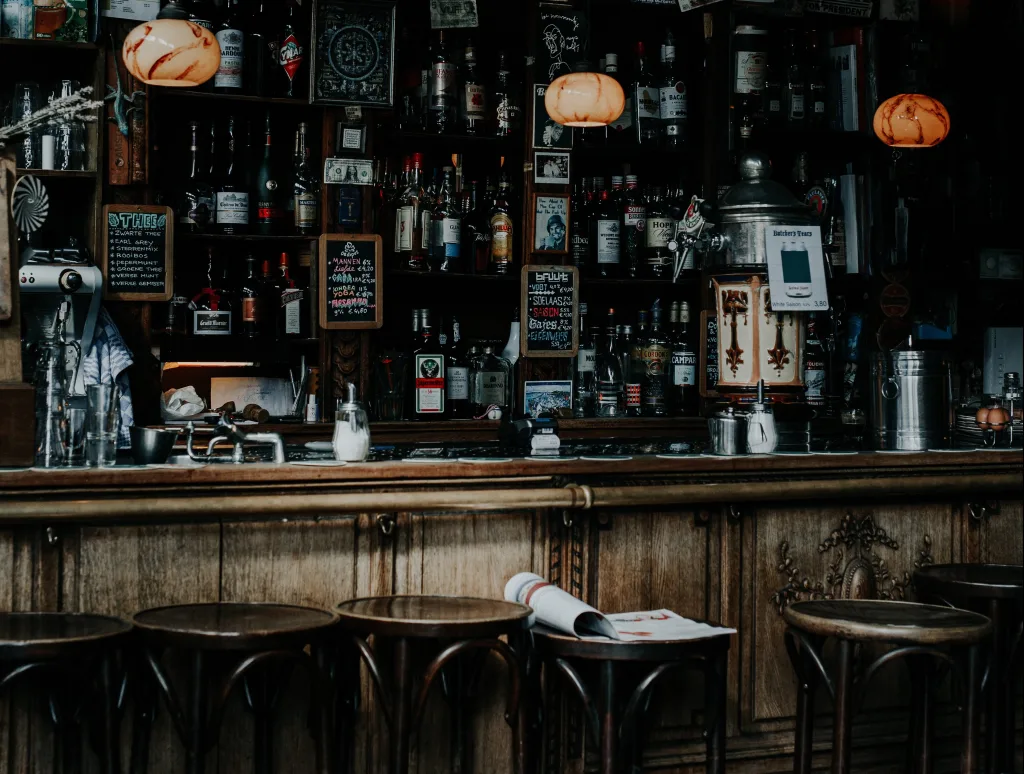




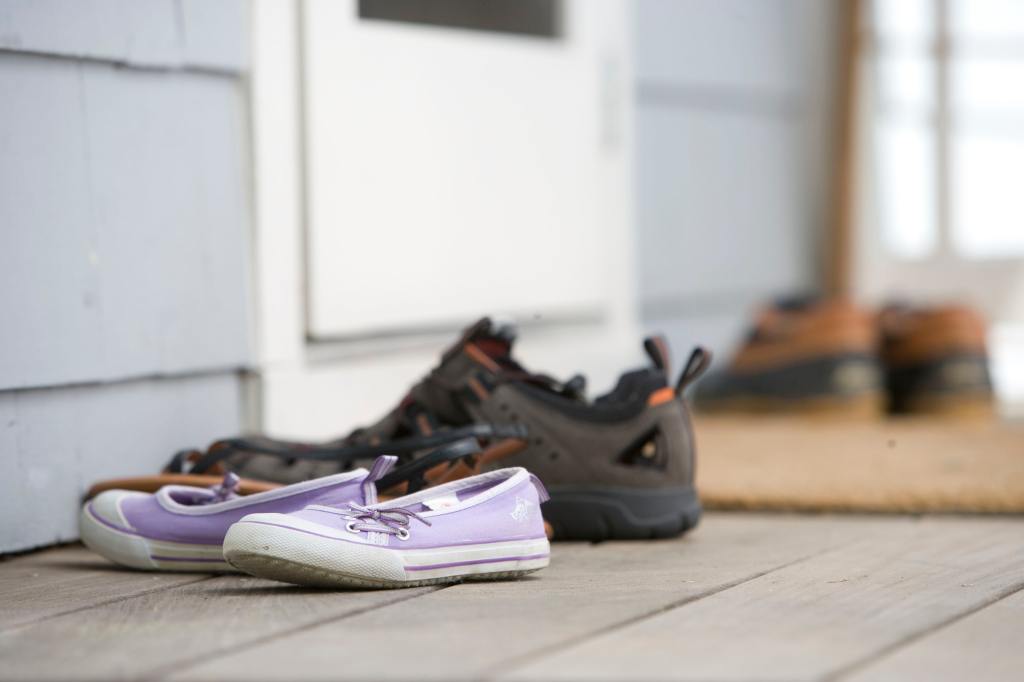

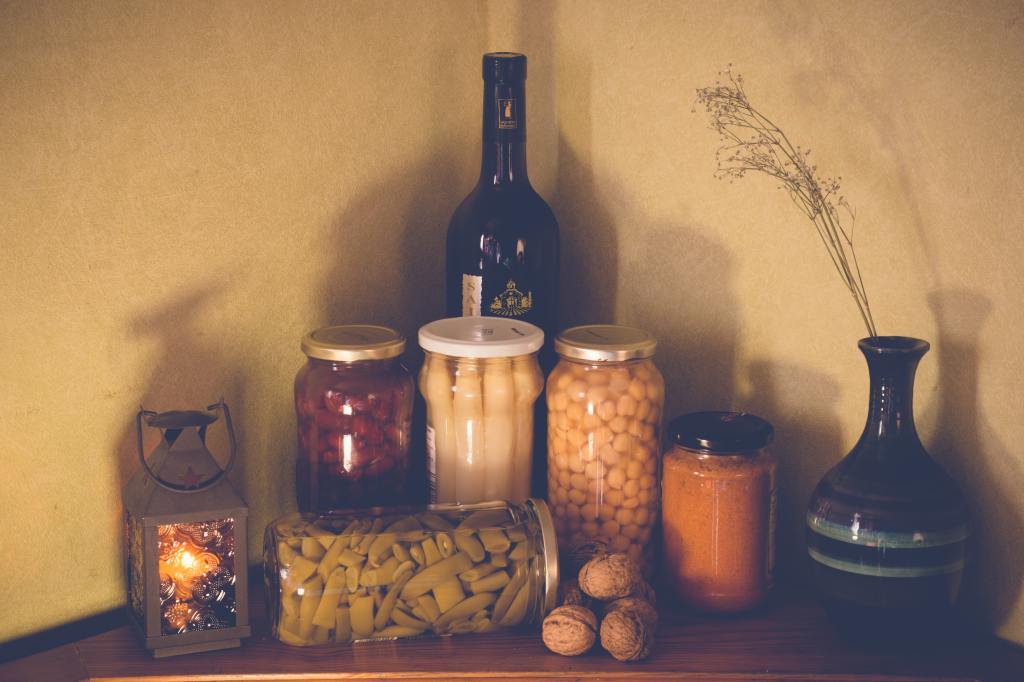
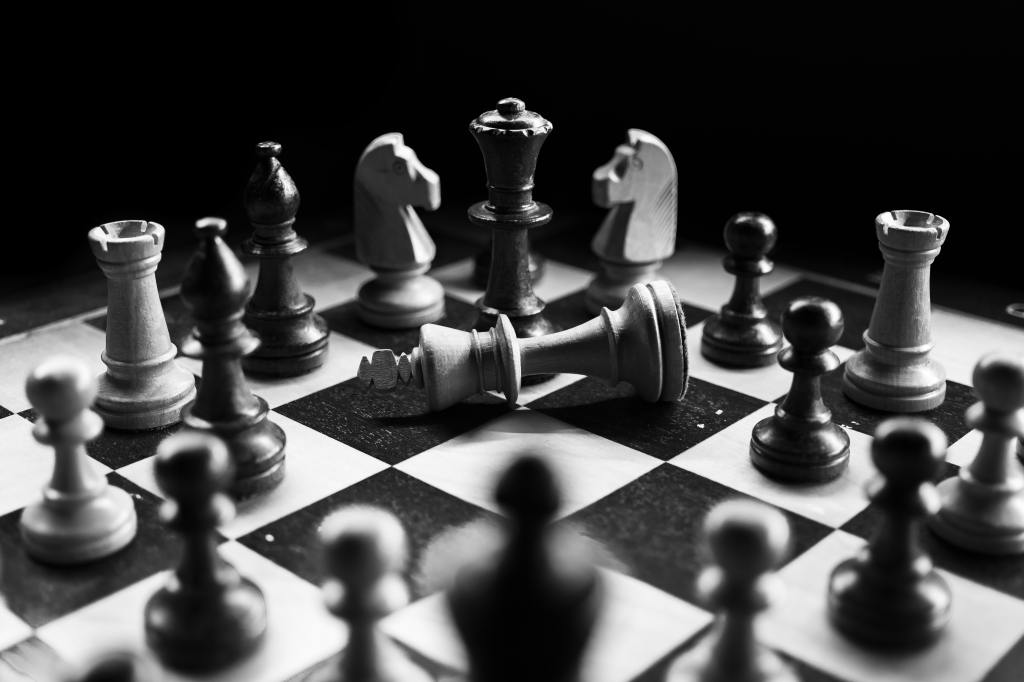

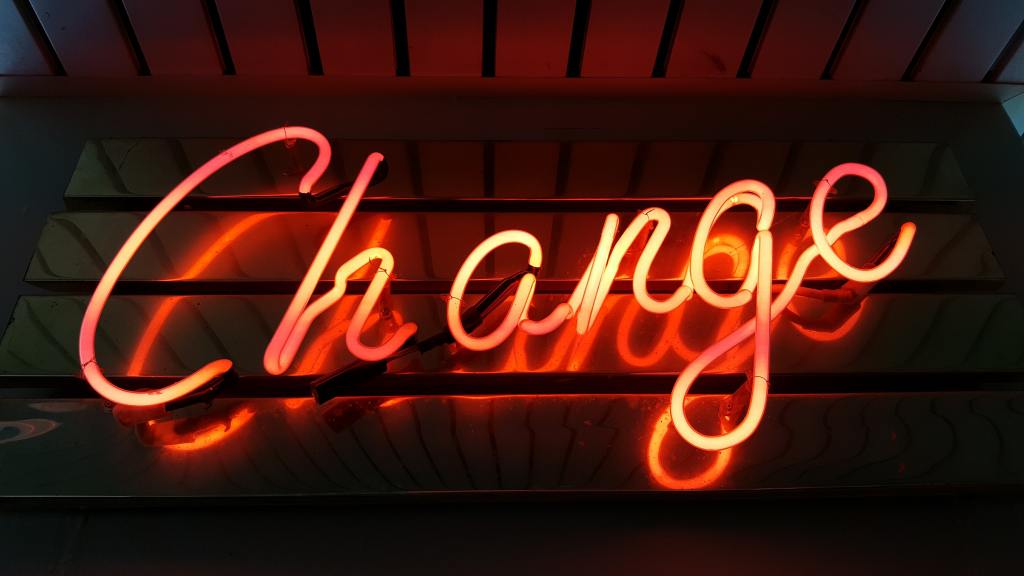
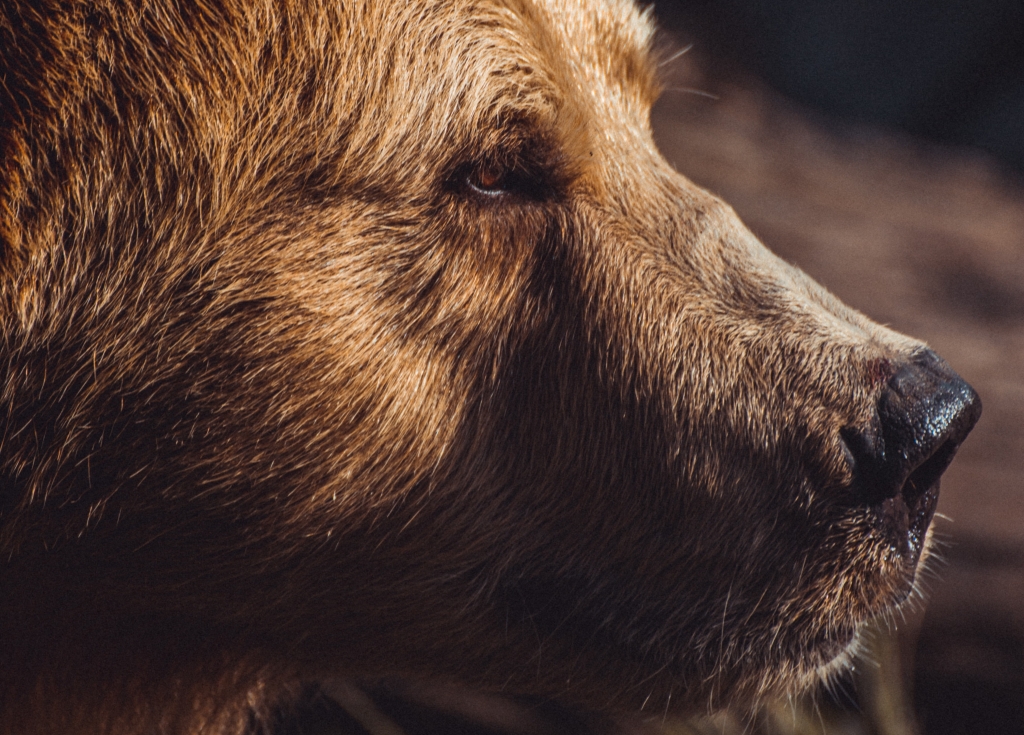
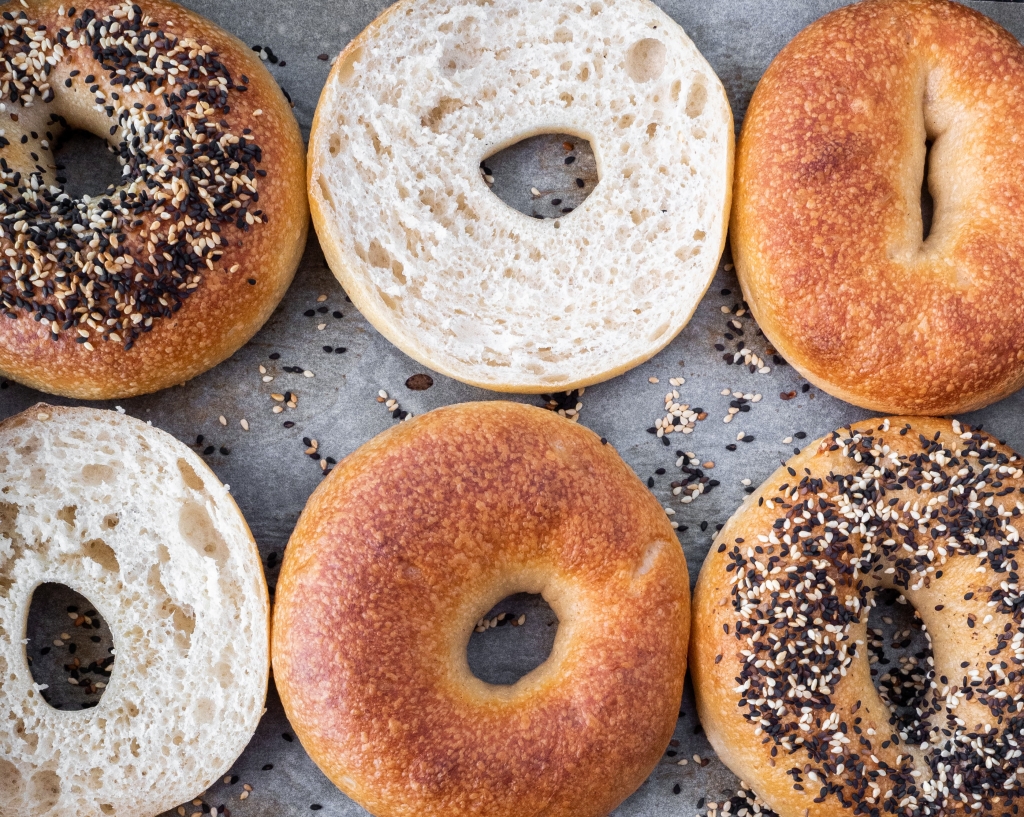
Leave a Reply